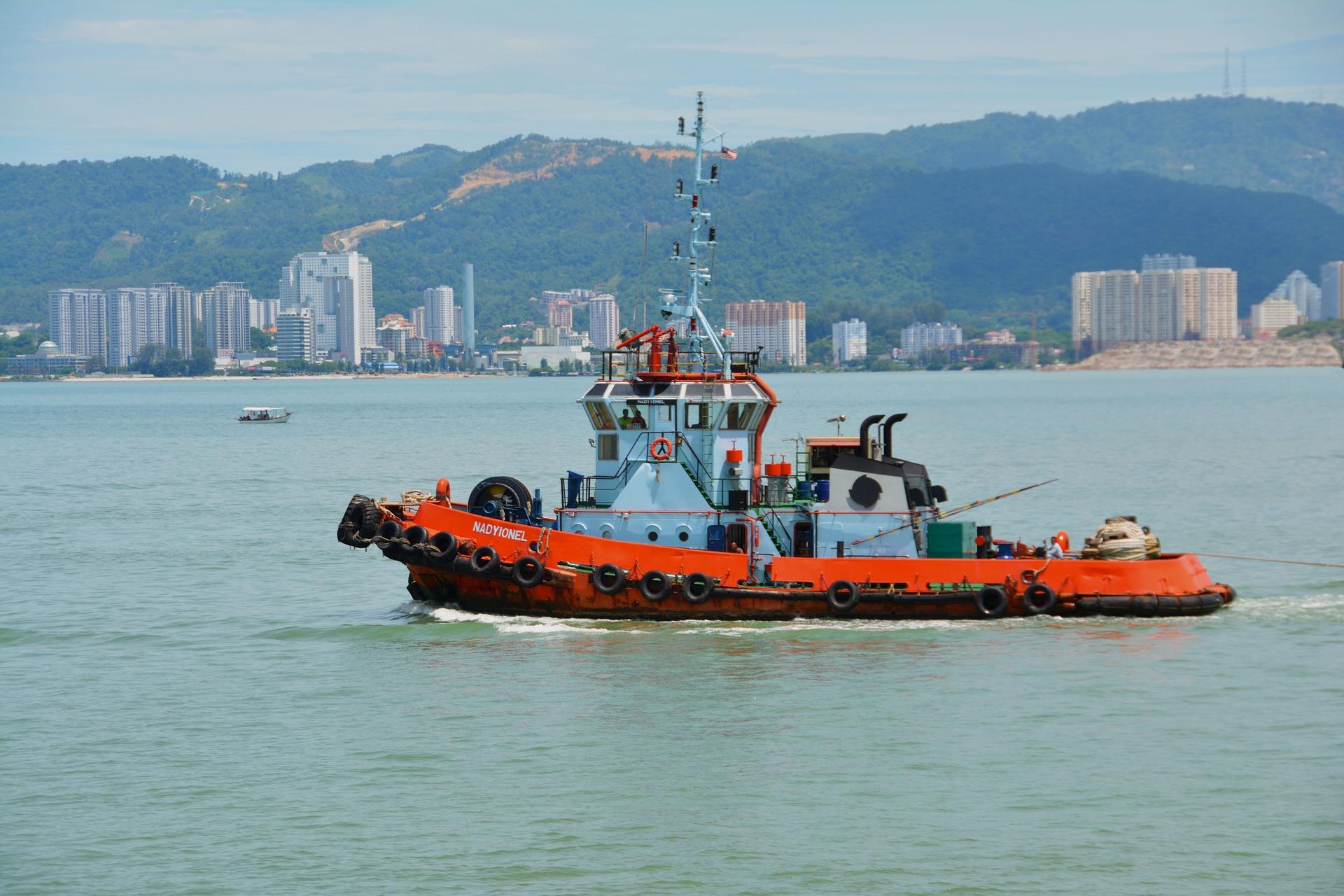
Datum Electronics is proud to participate in a revolutionary project, Monitoring for Operational Vessel Efficiency (MOVE), funded by Innovate UK, which has brought new opportunities for the small commercial vessel market, within the maritime sector.
The MOVE consortium participants include:
- Gardine Geosurvey
- Lloyd’s Register EMEA
- Marin South East
- REAPsystems
- Triskel Marine
- University of Strathclyde
- Datum Electronics
The participants have proven that such collaborative activities in the marine industry are great for understanding vessel efficiency issues and exploring opportunities to overcome them.
Project MOVE is aimed at optimising vessel performance through improved selection of propulsion and generation systems. The project is mainly focused on developing and validating an easily installed system, able of capturing the instantaneous power output from a vessel’s engines, including engine speed, vessel speed and heading, as well as fuel consumption. Although such technology already exists, there can be challenging technical barriers in implementing it efficiently: for example, it can be time-consuming to install, requires specialist skills and knowledge, and can’t be easily retro-fitted or removed and reused.
Datum Electronics, specialists in shaft power measurement, was responsible for accurate measurement of the power output from marine engines for further optimising both the engines and the propellers, particularly in vessels with variable pitch propellers.
Malcolm Habens, MD of Datum Electronics, said "Datum Electronics has considerable experience in the practical application of shaft torque meters. The MOVE project has given Datum a fresh view on the technology. Key issues for users such as applying strain gauges and accurately mounting instrumentation have been addressed".
The new system, that can be installed in under an hour, not only reduces installation time and the skills required, it will also benefit from the latest cutting edge developments in rotating electronics, enabling it to operate at lower signal levels and transmit a wider range of information from the shaft. It can also determine when maintenance such as hull cleaning is best carried out to optimise savings.
With further advances in hybrid marine propulsion systems, there is a growing requirement to determine the cost savings potentially offered by such systems, in comparison with conventional engines. The MOVE system will enable such comparisons, by simulating how a hybrid vessel would perform under a conventional vessel’s operating regime and quantifying their relative fuel consumptions.
The key areas that will benefit from the MOVE technology include:
- Vessels servicing ‘green industries’ such as offshore wind farms and ocean energy installations
- Vessels that already face a requirement to install engine monitoring capability (i.e. fishing vessels) for regulatory reasons
- Port and harbour vessels (tugs, pilot launches and survey vessels) and short-haul ferries which typically operate at a highly variable load / speed for manoeuvring, where dynamic performance is important

